Based on an article by Hanit Mendelson
Jerusalem and Palestinians
Palestinians and Arabs around the world say that Jerusalem is one of their holy sites. Let us look into this subject and see what we can find..

Before the 1948 Palestine conflict and the creation of the State of Israel, the term “Palestinian” referred to anyone born or originating from the Palestine region or holding citizenship in Mandatory Palestine. This designation encompassed residents of various religious affiliations such as Islam, Christianity, and Judaism, and encompassed all ethnic groups in the region, including the Dom, Samaritans, Druze, Bedouins, and the historic Jewish communities in Palestine, also known as Old Yishuv, whose forebears resided there before the start of Zionist resettlement.
~ Wikipedia, Palestinian Identity
Jerusalem’s Lack of Mention in the Quran
A commonly overlooked aspect of the relationship between Islam and Jerusalem is the absence of Jerusalem’s mention in the Quran. Despite its significance to other Abrahamic religions, with the city being mentioned 656 times in the Tanakh, the holy book of Islam remains silent on Jerusalem. This absence is notable, especially considering the city’s profound historical and spiritual resonance worldwide.
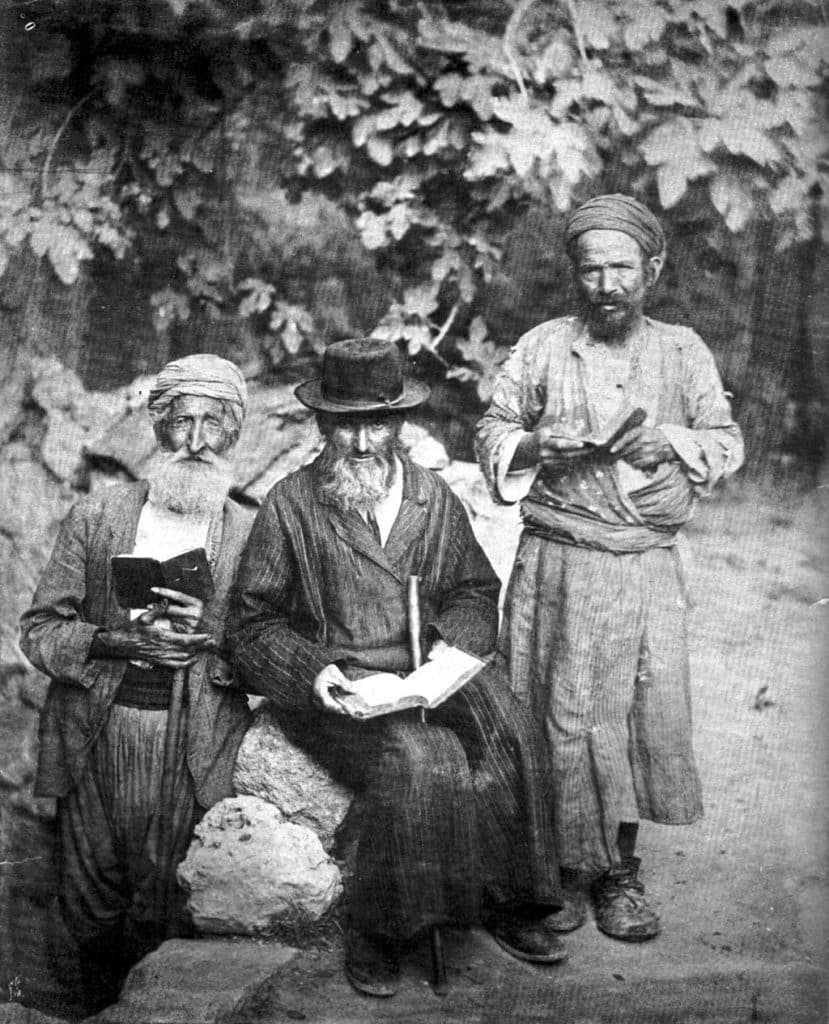
Arab Conquest and Rule in the Land of Israel
The arrival of Arabs in Jerusalem and the broader region during the 7th century was marked by conquests intended to spread the teachings of the Prophet Muhammad. This period also saw the continuation of the Jewish expulsion from their homeland, a practice that persisted under various forms of Muslim rule, including the Ottoman Empire. The eventual return of Jewish people to their holy land in the 19th and 20th centuries, following two millennia in exile, is a testament to their enduring connection to the region.
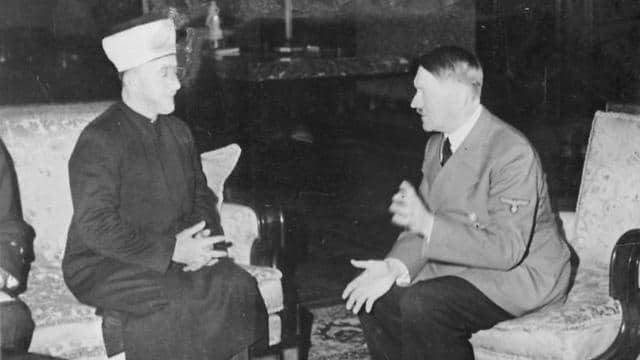
While the subject of Jerusalem’s significance to Islam, the history of Arab rule in the region, and the nature of Palestinian identity are complex and often contentious topics, it is essential to approach them with a nuanced understanding of historical facts and context.
Desolation of the Land Under Arab Rule
The historical desolation of the Land of Israel during Arab rule is well documented, both in literary works and scientific studies. Notably, Mark Twain in his book “The Innocents Abroad” paints a bleak picture of a barren and lifeless land during his travels in the 19th century, prior to the Zionist movement’s revitalization efforts. Other contemporaneous observers, such as Alphonse de Lamartine, James Finn, and Arthur Penrhyn Stanley, similarly attest to the land’s emptiness and lack of inhabitants.
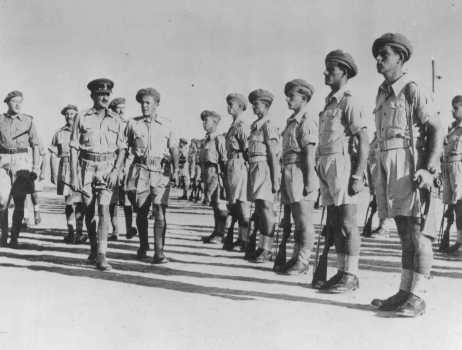
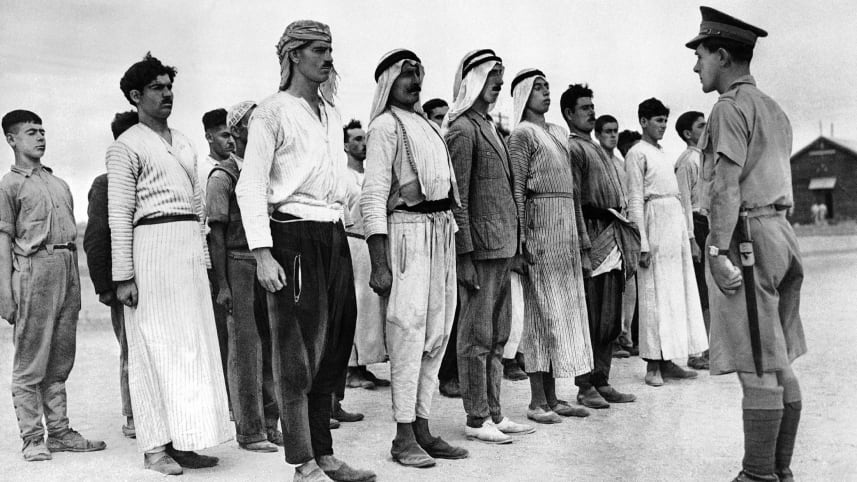
Economic Prosperity and Arab Immigration
Contrary to the narrative of an Arab majority, historical records show that the Jewish influx during the British Mandate brought with it economic prosperity, attracting Arab labor migrants from neighboring countries. This influx is corroborated by Winston Churchill’s statements in 1939, highlighting the significant growth of the Arab population in the country, far surpassing that of the Jewish population. This historical pattern challenges the notion of a distinct Palestinian nation, as the family names of many Palestinians trace back to various Arab countries, revealing their migrant origins.
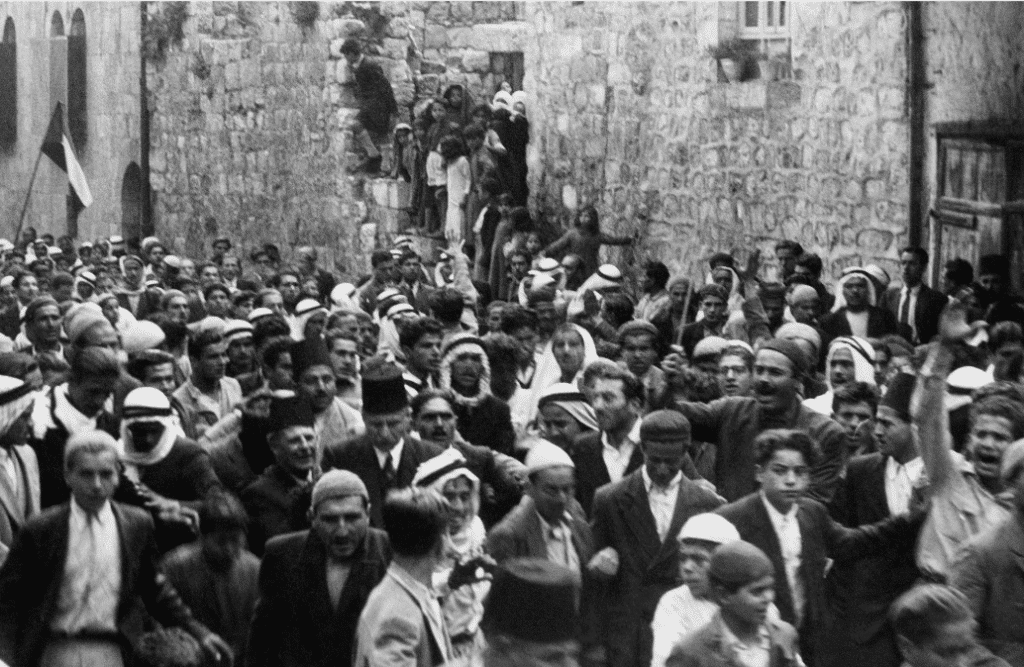
Conclusion
While the subject of Jerusalem’s significance to Islam, the history of Arab rule in the region, and the nature of Palestinian identity are complex and often contentious topics, it is essential to approach them with a nuanced understanding of historical facts and context. This article does not aim to diminish the legitimacy or experiences of any group but seeks to shed light on specific aspects of the historical narrative that are often overlooked or misunderstood in public discourse.
Editorial credit: NataliaVo / Shutterstock.com

